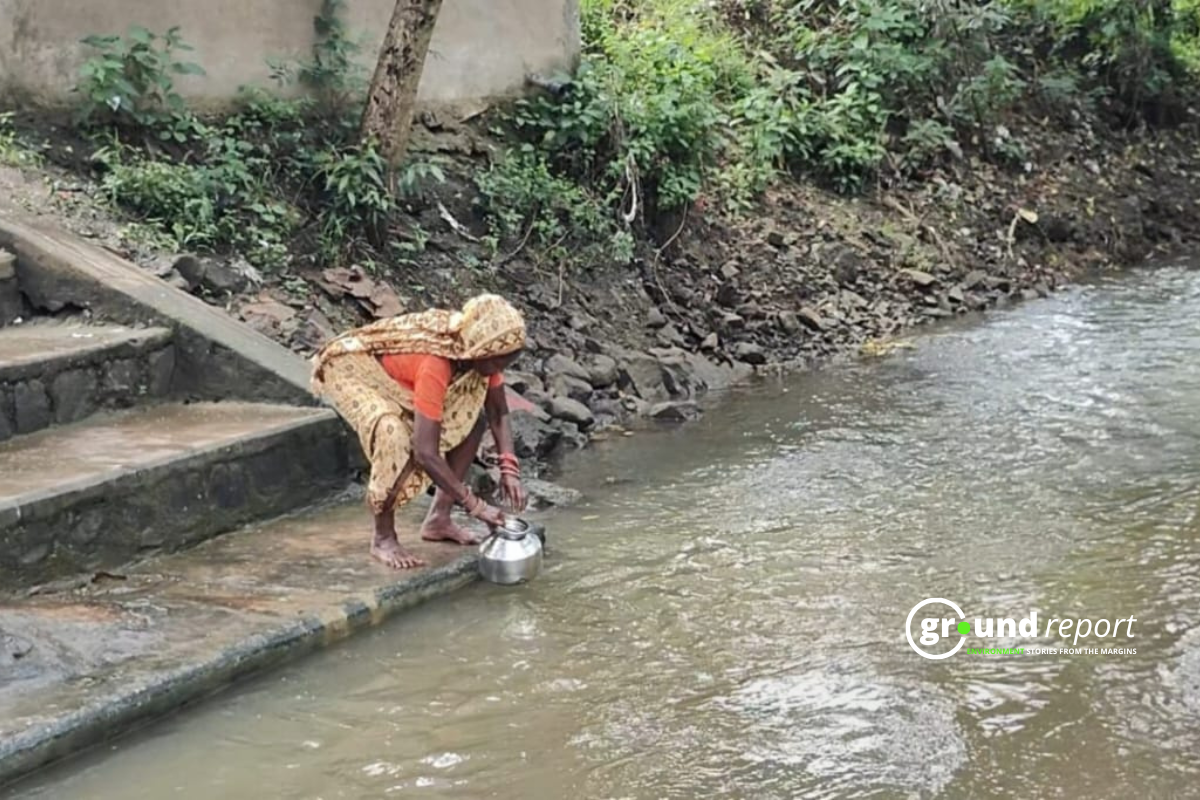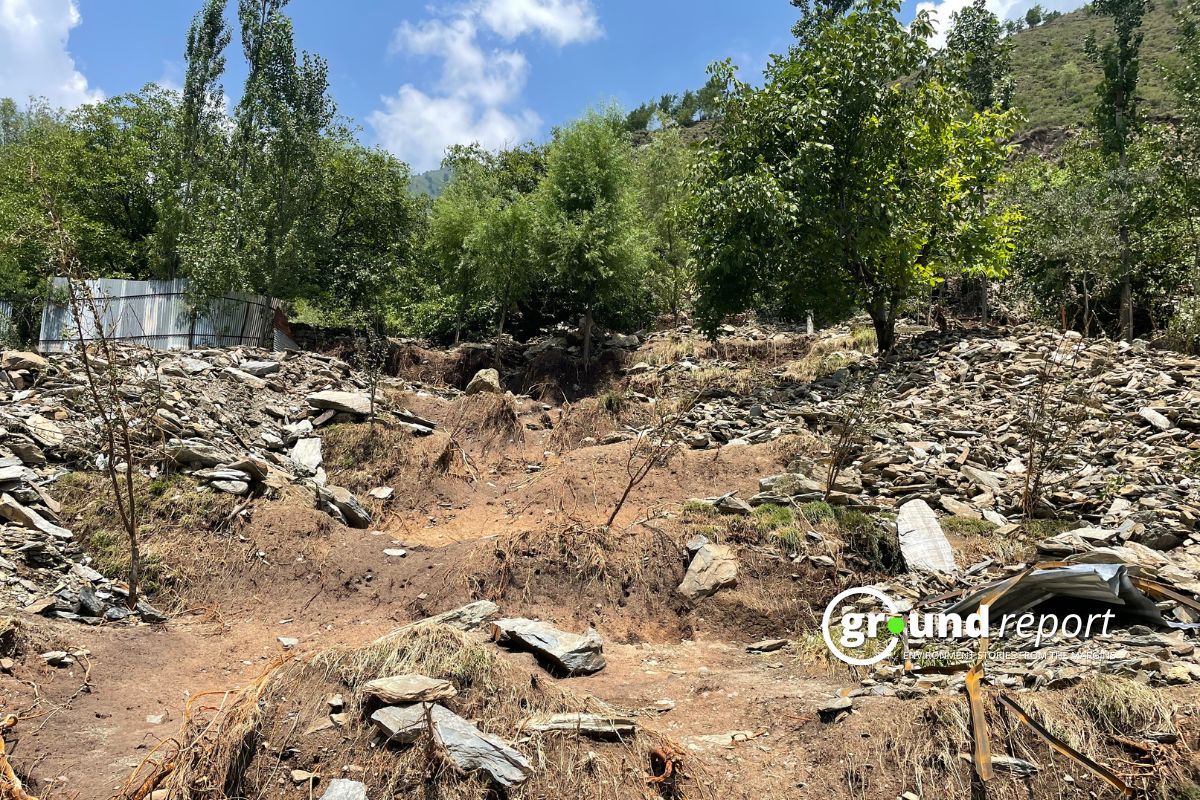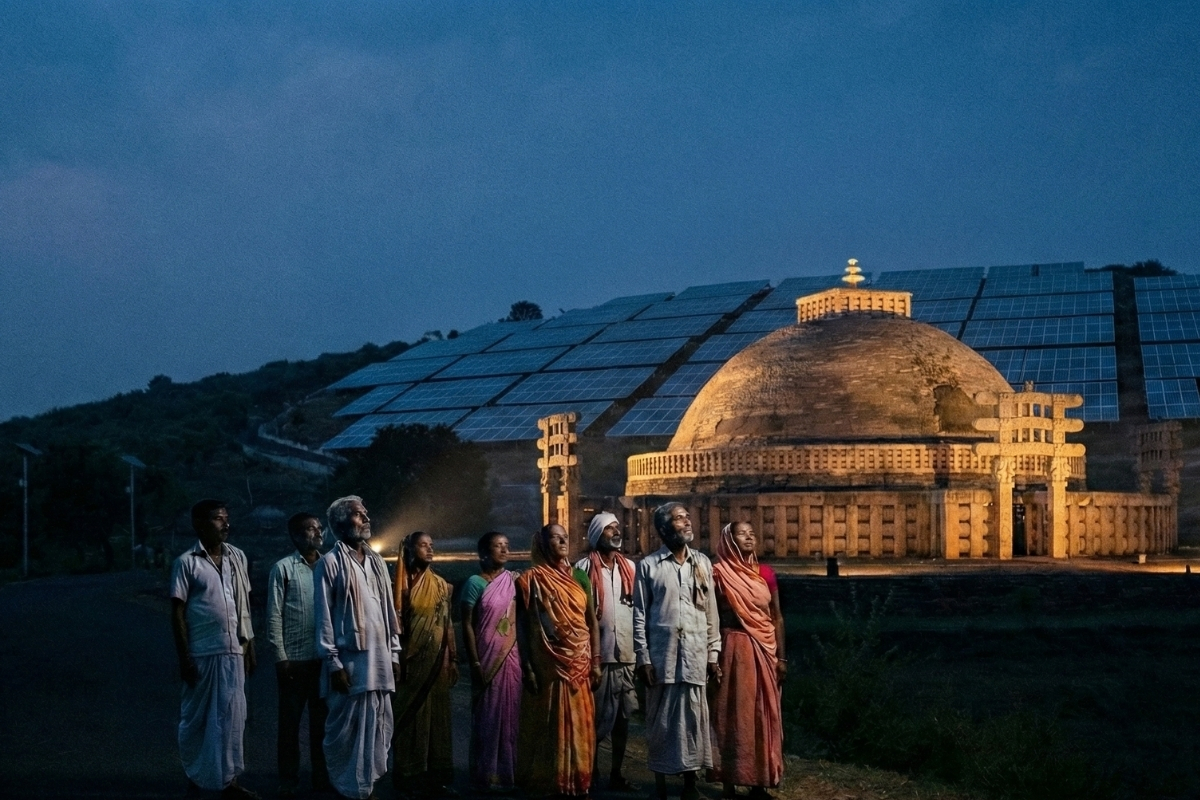Heat stroke is a serious health issue, especially in hot weather. As climate change raises temperatures, more people are at risk of extreme heat-related illness. Heat stroke can cause dizziness, confusion, fainting, and even death if untreated. It’s important to find new ways to detect heat stroke risks early and take action before it becomes dangerous.
Heat stroke detection saves lives
Researchers in Japan have found a way to use social media and artificial intelligence (AI) to predict heat stroke risks in real time. This method could help health officials respond faster and prevent many cases. By analysing social media posts, the researchers tracked heat-related illnesses and connected them with emergency cases. Their study, published in Scientific Reports on January 4, 2025, shows how AI and social media can improve public health.
The study was led by Professor Sumiko Anno from Sophia University, Dr. Yoshitsugu Kimura from Yanagi Pearls, and Dr. Satoru Sugita from Chubu University. They focused on Nagoya, Japan, where summer temperatures can be extremely high. They collected over 27,000 Japanese tweets containing “hot” over five years. They used AI to study these tweets and determine if they were related to actual heat stroke cases.
They tested various AI models, including BERT, RoBERTa, and LUKE, designed to understand human language. They also used a machine learning model called SVM (Support Vector Machine) to compare results. After analyzing the tweets, the AI models were trained to recognize patterns in social media posts indicating a potential heat stroke case.
The study found the LUKE model was the most accurate, identifying heat stroke-related tweets 85.5% of the time. The BERT and RoBERTa models also performed well, with accuracy above 83%. However, the SVM model had the lowest accuracy at 72.7%. These results show that advanced AI models can detect health risks from social media posts.
Social media predicts heat risks
Besides analyzing tweets, the researchers created maps and animated videos to visualize the data. They compared social media posts with actual heat stroke emergency cases in Nagoya, assessing the correlation between social media activity and medical emergencies. The results showed a clear connection, suggesting that posts about feeling hot could indicate early heat stroke risks in an area.
Professor Anno explained that using social media can improve health monitoring systems. “Analyzing posts from people in real time can detect heat stroke risks early and prevent serious health problems,” she said. This research highlights technology’s role in protecting people from extreme heat.
A major challenge in using social media for health monitoring is reliability. Many posts are based on personal opinions rather than medical facts. People may tweet about feeling hot for various reasons, not necessarily due to heat stroke. To address this, researchers used advanced AI techniques to filter out irrelevant posts and focus on those likely related to heat stroke symptoms.
AI helps detect health risks
Another important part of the study was its potential for future use. The researchers believe this method could be expanded to other cities and health conditions. For example, social media and AI could detect early signs of infectious disease outbreaks, pollution-related illnesses, or mental health issues. By combining AI with real-time social media data, public health officials could respond more quickly to emerging health threats.
The research team’s next step is to create a heat stroke early warning system for Aichi Prefecture, where Nagoya is located. If successful, they hope to expand it to cover all of Japan. The system would use AI to monitor social media posts in real time and send alerts when a high number of heat-related tweets are detected in a certain area. These alerts could help emergency services prepare for heat stroke cases and warn the public to take precautions.
Climate change is increasing extreme heat worldwide, raising the risk of heat-related illnesses. In Japan, temperatures have risen by 1.35°C per century, nearly double the global average. Cities like Nagoya, Tokyo, and Osaka experience higher increases due to urbanization. The combination of rising temperatures and crowded cities makes heat stroke a concern for the elderly and those with health conditions.
This research offers a promising solution using modern technology. AI and social media can provide real-time insights to help prevent health emergencies. As Professor Anno and her team continue their work, they hope their findings lead to practical applications that can save lives.
Support us to keep independent environmental journalism alive in India.
Keep Reading
California Fires Live updates: destructive wildfires in history
Hollywood Hills burning video is fake and AI generated
Devastating wildfire in California: wind, dry conditions to blame?
Los Angeles Cracks Under Water Pressure
From tourist paradise to waste wasteland: Sindh River Cry for help
Follow Ground Report on X, Instagram and Facebook for environmental and underreported stories from the margins. Give us feedback on our email id greport2018@gmail.com.
Don’t forget to Subscribe to our weekly newsletter, Join our community on WhatsApp, and Follow our YouTube Channel for video stories.






